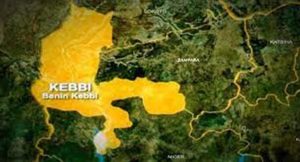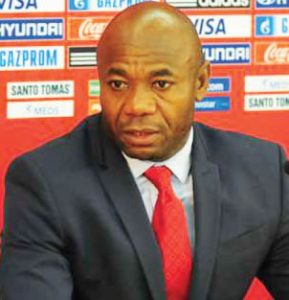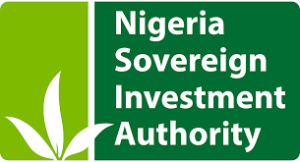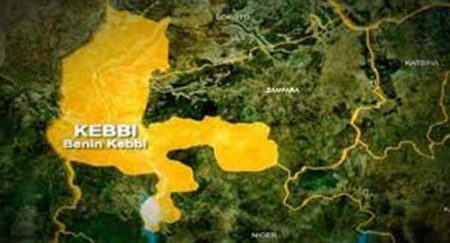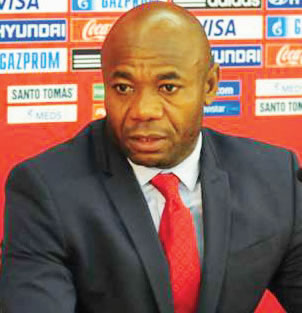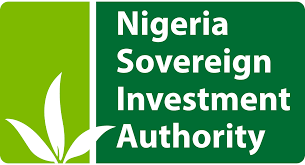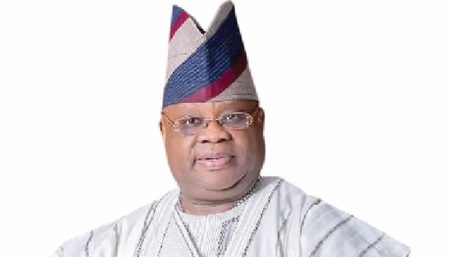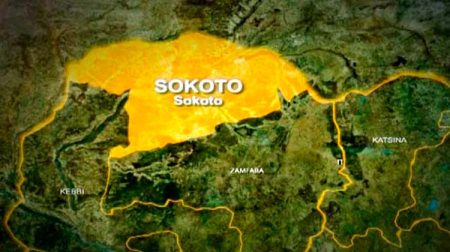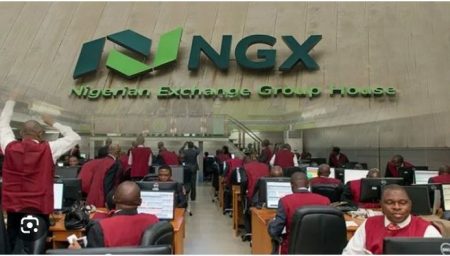The Genesis of the South-South Development Commission: Addressing Regional Disparities and Fostering Economic Growth
The establishment of the South-South Development Commission (SSDC) marks a significant milestone in Nigeria’s ongoing efforts to address regional imbalances and promote equitable development across its diverse geopolitical zones. The commission’s creation stems from a recognition of the unique challenges faced by the South-South region, a major oil-producing hub grappling with infrastructural deficits, environmental degradation, and socioeconomic disparities despite its substantial contribution to the nation’s economy. The SSDC is envisioned as a catalyst for transformative change, tasked with spearheading developmental initiatives, fostering economic diversification, and uplifting the living standards of communities within the oil-producing states and their environs.
Senate Confirmation and the Composition of the SSDC Board: A Blend of Experience and Regional Representation
Following a rigorous screening process conducted by the Senate Committee on South-South Development Commission, the appointments of key leadership and board members were confirmed, paving the way for the operationalization of the commission. Chibudom Nwuche, a former Deputy Speaker of the House of Representatives, assumes the chairmanship, bringing a wealth of legislative experience and a deep understanding of the region’s dynamics. Usoro Offiong Akpabio, hailing from Akwa Ibom State, was confirmed as the Managing Director, entrusted with the executive management of the commission’s affairs. The board comprises representatives from each of the six South-South states, ensuring regional inclusivity and reflecting the diverse interests within the zone. This geographical representation underscores the commitment to equitable distribution of resources and development projects across the region.
Navigating Controversy: The Case of the North-West Nominee and the Importance of Due Process
The confirmation process, while largely smooth, encountered a hurdle with the nomination of Tijani Kaura, the representative from the North-West. Kaura’s confirmation was put on hold due to his failure to submit required documentation and his non-appearance before the Senate screening committee. This incident highlights the importance of adherence to due process and transparency in appointments to public office. While the Senate has left the door open for Kaura’s potential future consideration, his case serves as a reminder of the rigorous scrutiny applied to nominees to ensure their suitability and accountability.
The Mandate of the SSDC: A Multifaceted Approach to Regional Development
The SSDC is mandated with a broad spectrum of responsibilities encompassing infrastructural development, human capital enhancement, environmental remediation, and economic diversification. The commission’s primary focus is on bridging the infrastructure gap that has hindered the region’s progress. This includes investments in roads, bridges, power generation, and other critical infrastructure necessary for economic activities and improved quality of life. Recognizing the importance of human capital development, the SSDC is also tasked with promoting education, healthcare, and skills acquisition programs to empower the region’s population and enhance their economic prospects.
Addressing Environmental Concerns and Fostering Sustainable Development
The oil-producing nature of the South-South region necessitates a strong emphasis on environmental protection and sustainable development. The SSDC is charged with addressing the ecological challenges arising from oil exploration and production, including oil spills, gas flaring, and land degradation. Promoting sustainable development practices and investing in renewable energy sources are crucial components of the commission’s mandate to ensure a healthy and resilient environment for future generations. This commitment to environmental stewardship reflects a growing national awareness of the need to balance economic development with ecological preservation.
Collaboration and Partnerships: Key to the SSDC’s Success
The SSDC’s success hinges on effective collaboration and partnerships with various stakeholders, including federal and state governments, private sector actors, community organizations, and international development partners. By fostering a collaborative approach, the commission can leverage resources, expertise, and innovation to achieve its ambitious development goals. Engaging with local communities is particularly crucial to ensure that projects are aligned with local needs and priorities, promoting ownership and sustainability. The SSDC is positioned to serve as a bridge between government, industry, and communities, fostering dialogue and consensus-building for the benefit of the South-South region.


